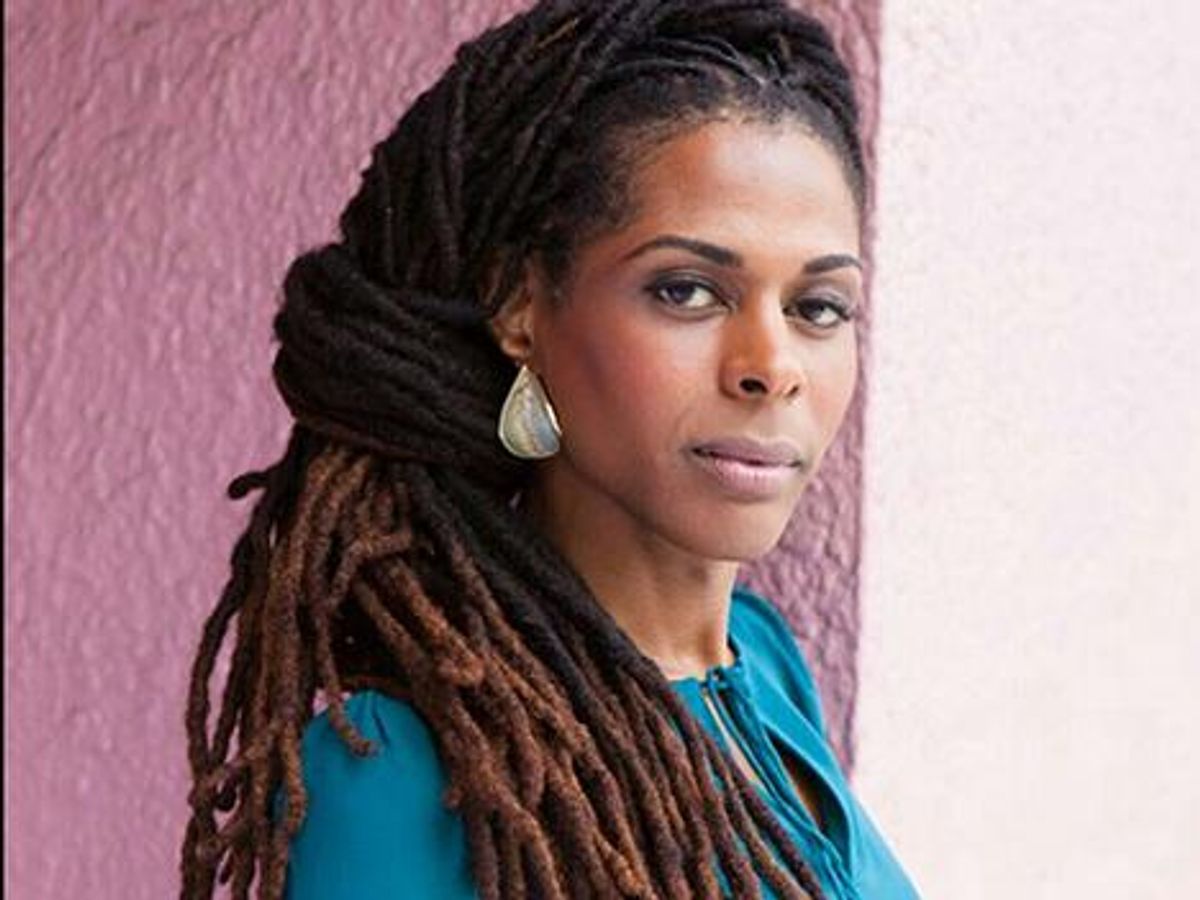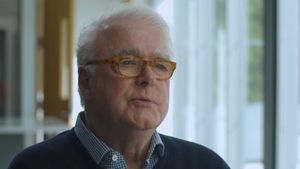Though she’s been an HIV activist for a dozen years now, Bré Anne Campbell didn’t realize she was HIV-positive until 2010 — two months before the future leader came out as transgender. Without realizing it, Campbell, the co-founder and executive director of Detroit, Michigan’s Trans Sistas of Color Project, had begun a career in activism that day, one that would impact not just her life but that of hundreds of other transgender women. “I tested positive on January 28th, 2010, during a routine STI screening,” Campbell recalls. “The biggest challenge for me was deciding to live. HIV really changed my life perspective. My quality of life sky rocketed after I found out my status.”
She says that certainly “having a support system helped tremendously, but I was most impressed by the spiritual transformation that happened after I decided to live. I felt empowered enough to take control of my life.”
Now 30 years old, today Campbell is on the board of Positive Women's Network-USA and on the national advisory board of Positively Trans. She’s a Greater Than AIDS Ambassador who stars in their new Empowered: Trans Women and HIV campaign. But it’s her commitment to the Trans Sistas of Color Project that stands out.
Spurred in part by ongoing and alarming national level of violence directed at trans women of color, Campbell and her friend John Trimble founded the Trans Sistas of Color Project in 2015, though it was in process for several years. Campbell now serves as executive director, Trimble as deputy director, of a group that’s meant to offer resources (some lifesavers, other as simple as helping with name change forms) to trans women in Michigan.
After all, just founding and funding it required an almost undying devotion to the project, a commitment that used up the money she had saved for her own gender affirmation surgery and she moved back in with family to save rent money.
“It been a labor of love that came with some sacrifice,” Campbell admits. “Last year, I spent $5,000 of my personal dollars on events, programming, and administrative costs for the organization. I was operating from a place of lack. I’d lost hope, my capacity was low and I was in a constant state of trauma. ‘Self care’ became a buzzword. I started feeling defeated and ineffective. I was constantly asked to provide my emotional labor for free, while feeling that I had defend my work.”
Even after their first event lost money, Campbell persevered, spurred on at first by supporters and later but the support of Equality Michigan (who became a fiscal sponsor).
“Luckily, Allah has always provided for me,” she says. “I found solace in seeing so many trans women in Detroit getting involved with community work and feeling empowered enough to start organizing around the issues that affect them. The faith of the people who believed in me and the mission of TSOCP kept me going — all the well wishes, kind words of encouragement, donations and organizational support that has poured in from across the country has been amazing. I don’t feel like I am doing this work alone.”
It’s a strange time to be transgender in America right now. While states fiercely debate whether trans people can actually use the restroom of their choice, trans women have never been more visible (from Caitlyn Jenner and her friends to Sarah McBride, the first transgender speaker at the Democratic National Convention).
“The country has wasted too much time focusing on … protecting cisgender folks from trans people when we are discriminated against on a daily basis,” she says. “On one hand, I think trans communities of color have done an amazing job gaining tons of visibility over the last couple of years, while simultaneously having to fight for our basic rights as citizens. I am happy to be alive in such a time that I can somewhat comfortably be my authentic self — but that is not enough. Visibility will not be enough. There is still tons of work to be done.”
As the head of the first trans woman of color led organization in Michigan, Campbell says, “Creating this space was necessary for the women in Detroit to start feeling like their narratives matter. I have had the pleasure of being blessed with people who believe in my personal and professional success and I wanted to extend that opportunity to my community.” The story, the work, has been relentless, but Campbell admits for her and her organization, the work has really just begun. “Trans Sistas of Color Project is dedicated to building leaders, and I can confidently say that’s what we are doing.”But as an HIV-positive trans woman, the voyage she’s on now started out with one simple step.“I just recently realized that the most healing part of my journey was overcoming my own fear. I dare to live my live boldly, bracing all of my intersections and I hope that my story will inspire other trans women to be their apologetically authentic selves.”












































































